
Online Learning
Online learning has been a difficult transition. Many students have found online learning challenging change from being physically present at school to studying virtually. But how do our professors feel?

Online learning has been a difficult transition. Many students have found online learning challenging change from being physically present at school to studying virtually. But how do our professors feel?
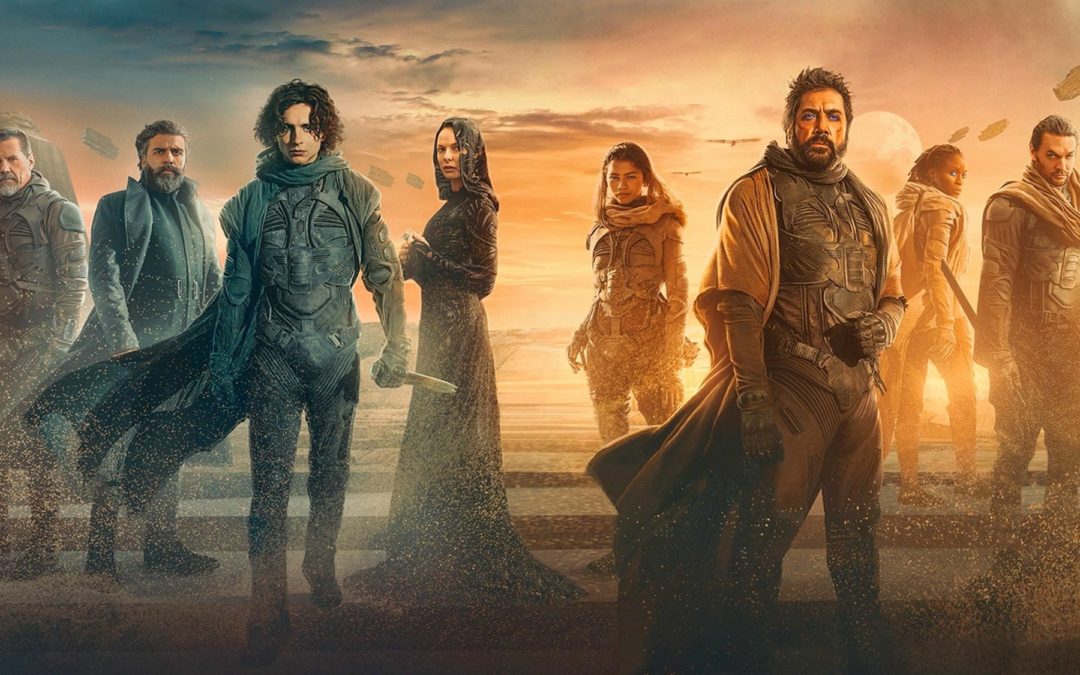
Dune has for years been called an “unfilmable” story due to its complexity and the depth required. The restrictions of only a few hours of screen time has taken its toll on many directors who have tried in the past. At first there was David Lynch’s 1984 attempt to put the whole book in one film. That fell flat with its bloat and incoherent plot. Then there was a multi part TV special in the 2000’s, which gave it depth but lacked the budget to truly make the world alive.
That leads us to today.
Denis Villeneuve (of Arrival and Blade Runner 2049 fame) has stepped into the ring. His approach split the book in two parts to make it one hell of a cinema epic that stays faithful to the source material. It’s in that second part, the faithfulness to the story, I am most glad to report Villeneuve has gone above and beyond.

Dune, to the uninitiated, was the story that has defined modern Science fiction. You don’t have to look far in the world of our most popular sci-fi films to see its impact. Alien and its title monster share a striking resemblance in form and habit to a creature in Dune. Blade Runner, with its detailed depth of a cyberpunk dystopian future, is lifted almost verbatim from the imperial ruling houses in Dune’s universe.
Even the most famous movie spoiler of all time, “Luke I am your father,” was a story beat taken directly from Dune. With the gravity of what Dune’s legacy has inspired, the story of bringing this to the silver screen properly has been a fraught with challenges and adversity.
With so much pressure on Denis Villeneuve I can say that he has, in his efforts, put his heart in the right place. The film is a cinematic masterpiece with sweeping landscapes and epic wide shots that demand every inch of screen real estate in your cinema. Its striking in its beauty and the world it builds is a character unto itself. This character is by far the biggest star in the movie. For better or for worse.
The actors in this movie were cast brilliantly. Timothée Chalamet is captivating as Paul, a young man thrown into a house of cards with powers he didn’t ask for and visions that slowly chill his soul through the progression of the film. Oscar Isaac as the Lord Duke Leto plays the compassionate but firm ruler, to a fault. And Stellan Skarsgård plays the unsettlingly disturbing Baron Harkonnen with his brief but memorable appearances. All of these actors played the part perfectly.
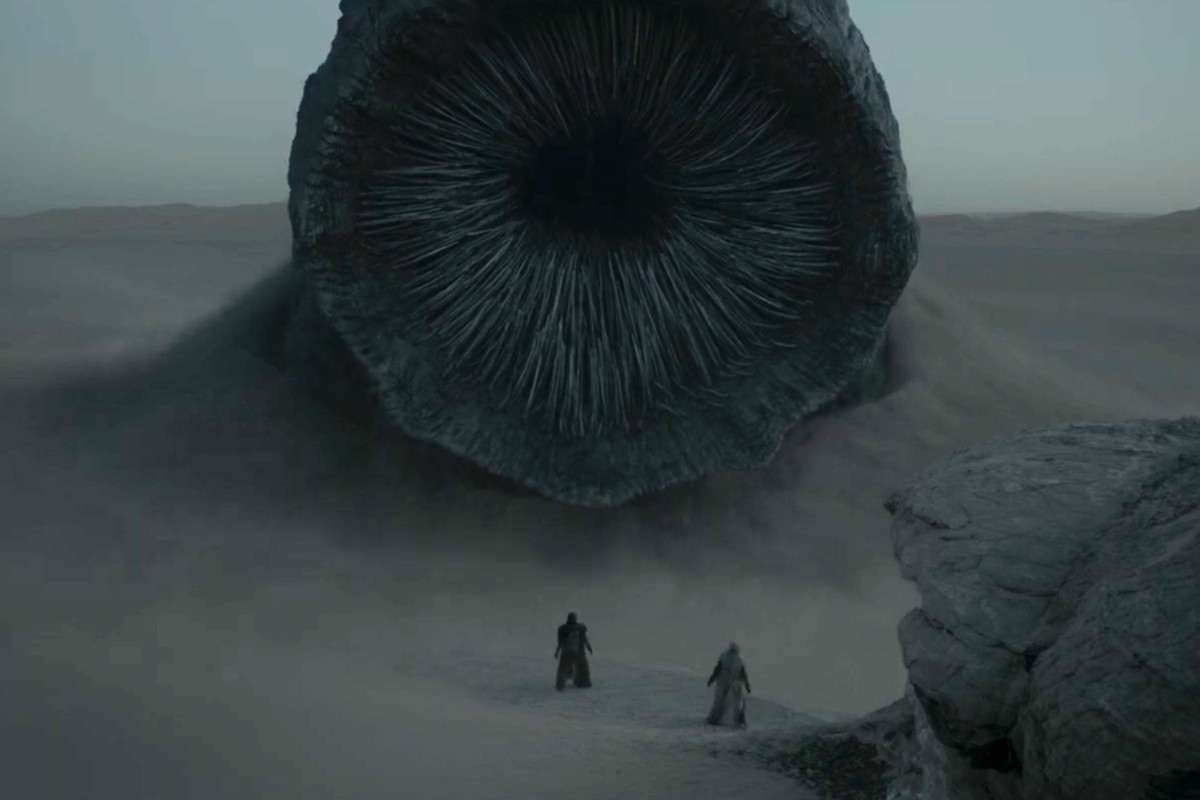
This is where I have my biggest critique of the film. Even with the captivating slow burn moments given to each character, I am left wanting more. More development and more time with them before your camera view gets pulled back out and the world takes over again. The world is greedy with its time in the spotlight.
It’s in this sense I feel Denis Villeneuve has put too much weight on making the audience fall in love with the unique universe as much as he has. But then again, I feel it was intentional. This movie is the first half of a two-part epic, and it doesn’t wrap up as neatly in the end as I would have hoped. With our scene set and our protagonist ready to come into his own, it stops, clearly leaving that extra development and a climatic finale for the second half, which I am left in great anticipation for. I think back to movies like Harry Potter and the Deathly Hallows Part 1 which on its own is an ok movie, however, when watched back to back with Part 2 it becomes a far more fleshed out and enjoyable experience.
For those of us who have read and know what is to come, we could not be more excited. For those just being introduced to this world with this movie, I pray the world is captivating enough to bring them back around for another go.
This movie is by far the best version of the legendarily difficult-to-adapt book. Great things are here in this film, and if this makes enough money even greater things lie ahead. I just hope its magic can get enough folks to come see it and have producers greenlight it’s finale it has rightfully earned.
4.5/5 stars

The pandemic that we are all experiencing is a frightening and life-changing event. It’s one of those stories that we will pass down to our grandchildren that will be part of our history.
The showcase’s idea is students, professors, and kids draw their perception of COVID-19 to show the difference between adults’ and children’s thinking during those difficult times and their “perception” of COVID-19.

Caitlyn Fish
Age: 20
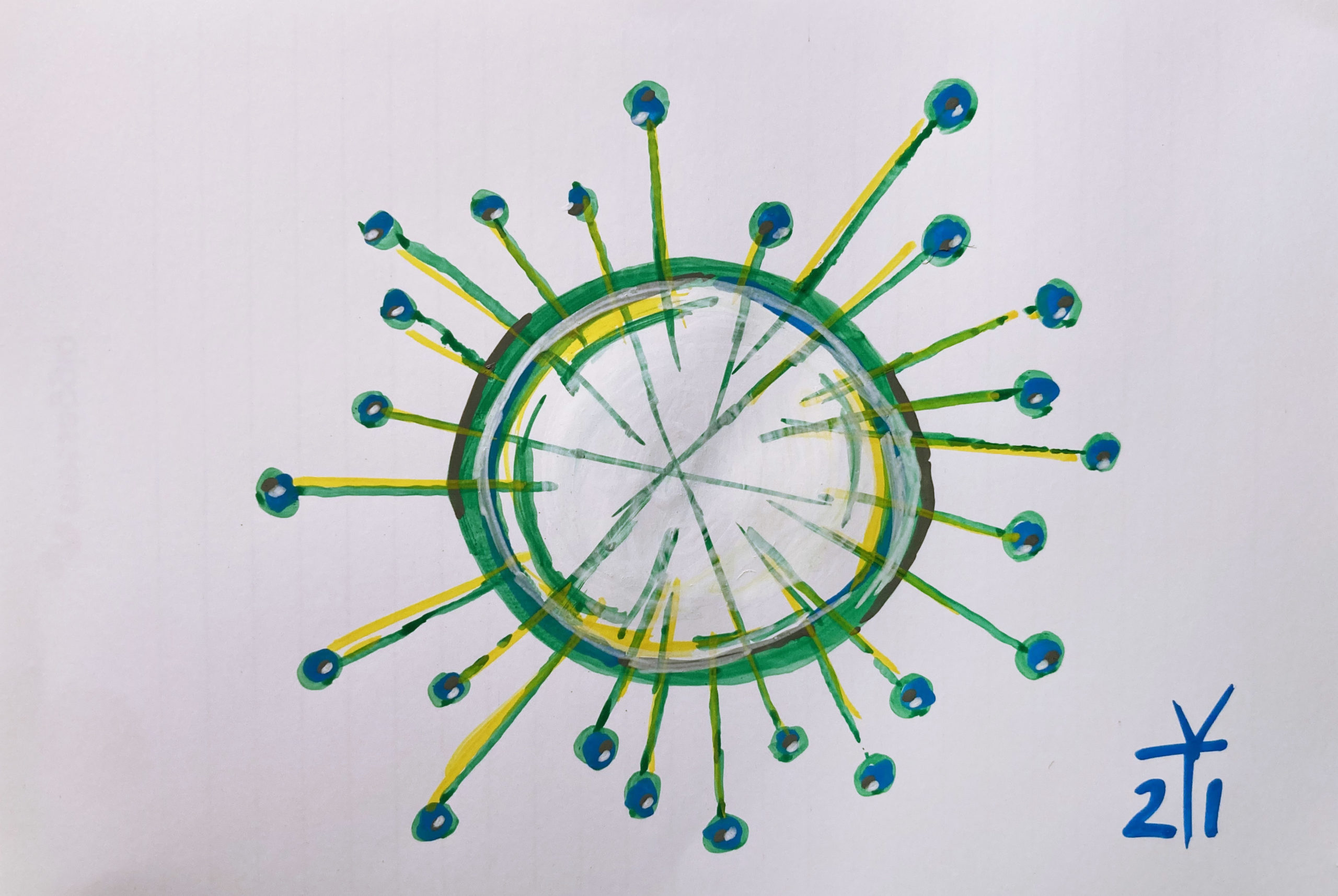
Tim Young
Age:
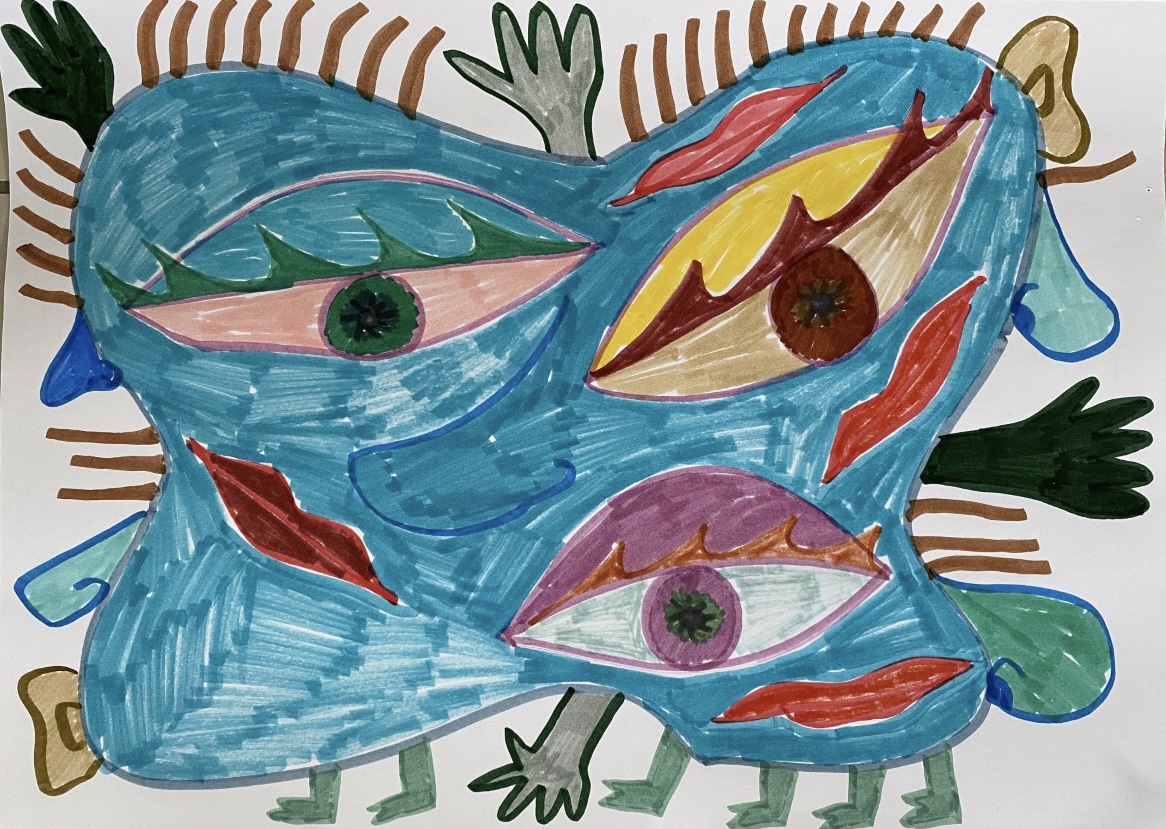
Julianna Sandholm-Bark
Age: Ageless
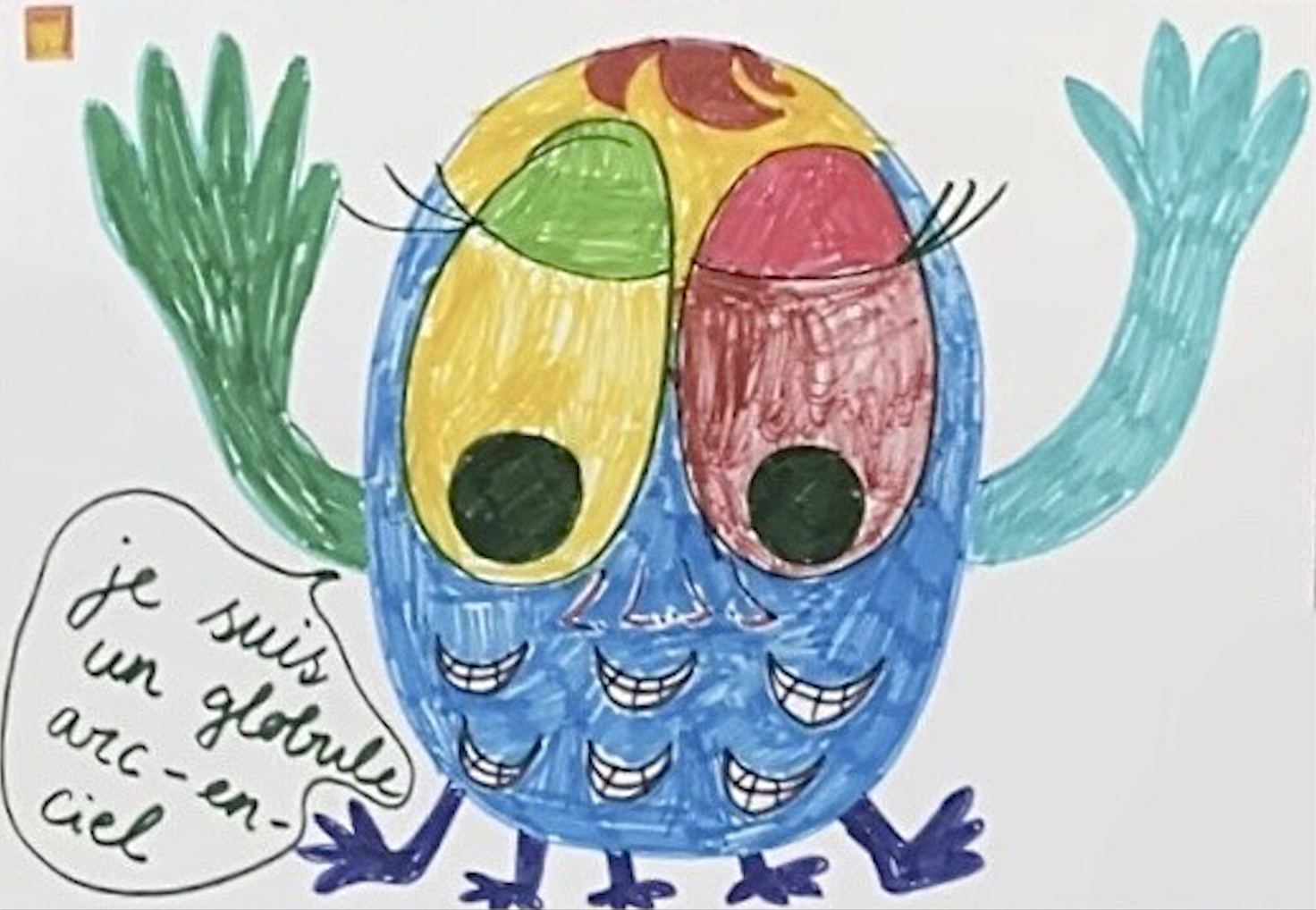
Alexander Sandholm
Age: 5
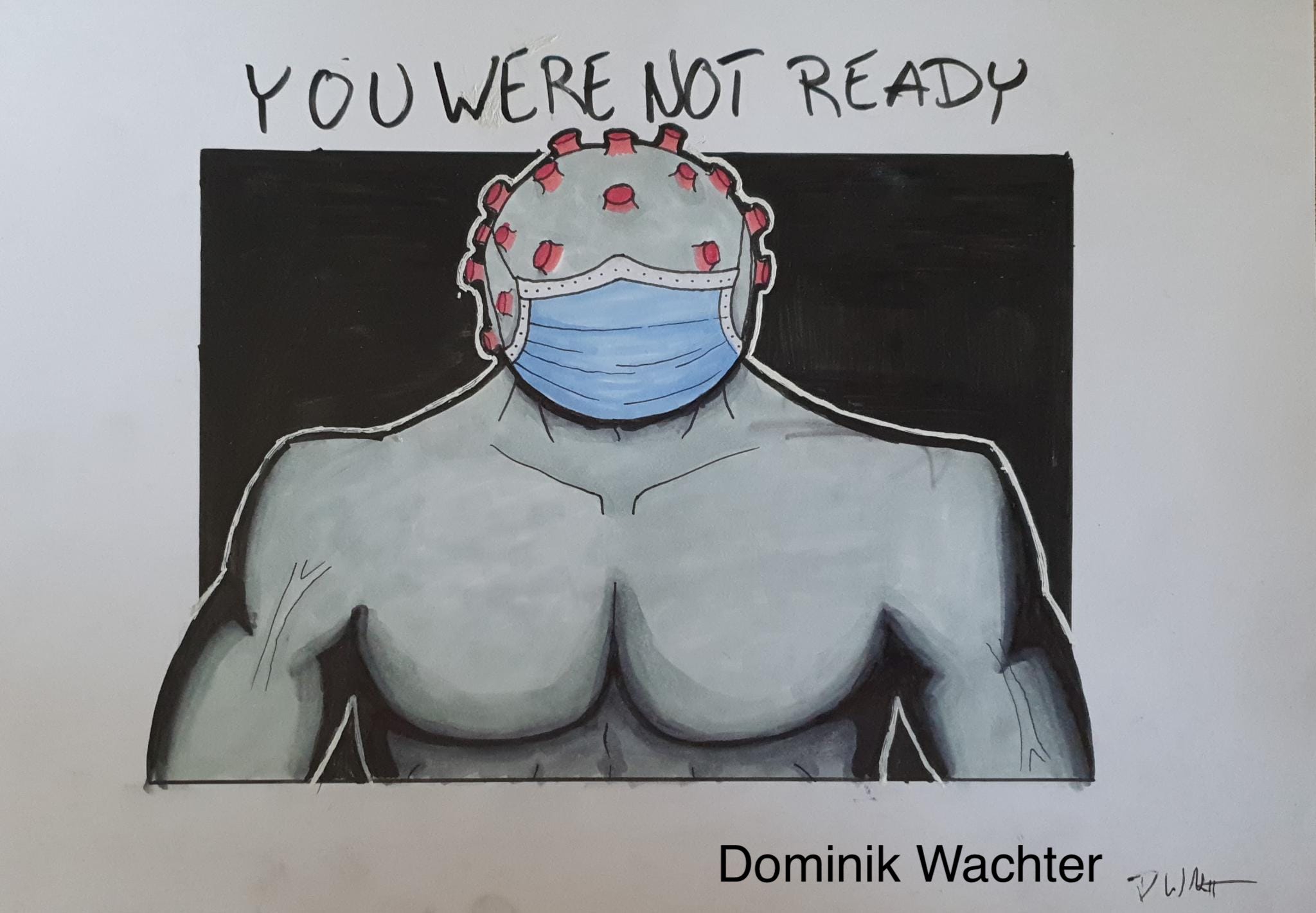
Dominik Wachter
Age: 21

Fatma Rashad
Age: 47

Haya Damnhouri
Age: 10

Sarah Moumenh
Age: 10
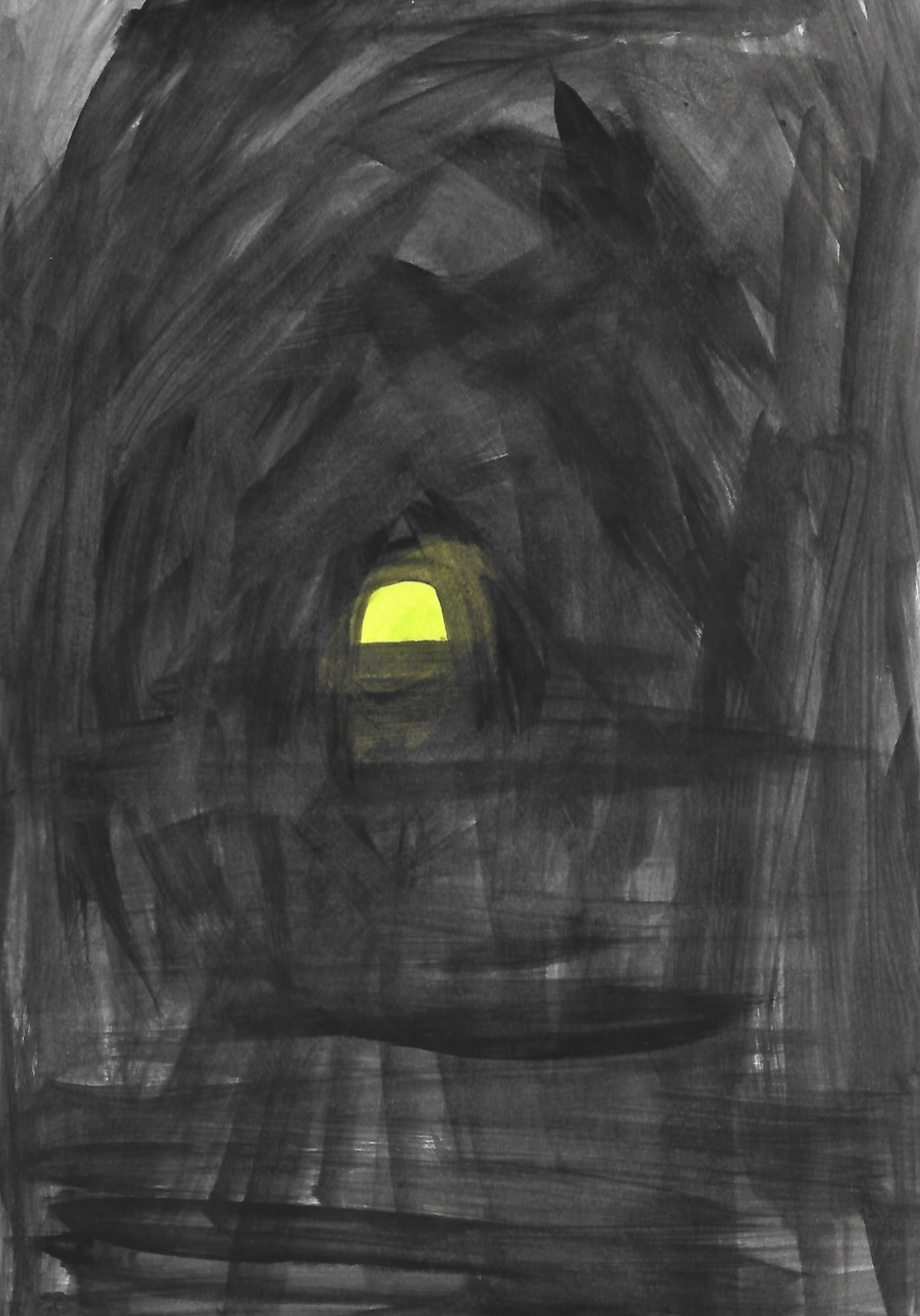
Peter Carson
Age: 56

Emmet Carson
Age: 8
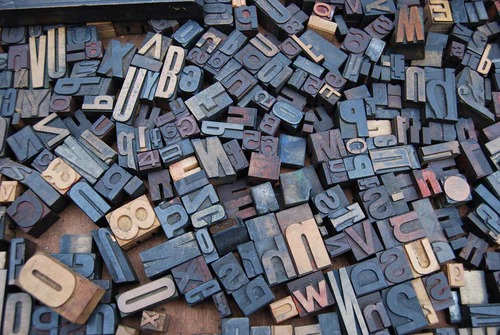
Writing is the bane of my fucking life. One of my first memories of school is arguing with my teacher about some writing assignment where we had to write about what we wanted to do when we were older.
“Ms. Huggins,” I said, “why do we have to do this?”
“Because this is our assignment for right now,” she responded.
“But how am I supposed to know what I want to do?” I asked.
“What do you like?” she replied.
“I don’t like writing,” were the last words that came out of my mouth before I got sent out of the class.
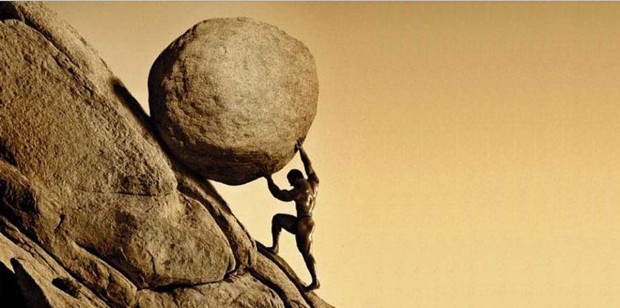
I was never a good kid, but I was also never a bad kid. I always straddled the line between the two. Most of my fights with teachers came from missing assignments, a majority of which were writing based. When I finally got to choose classes in high school my first and most important criteria was how much writing was involved. Once, in 10th grade, I changed English classes on the first day because the syllabus the teacher laid out had too much writing for my taste.
So, I shot myself in the foot.
While teachers where hammering proper writing technique into my classmate’s heads I was sitting there thinking about how much I hated writing. This screwed me over because now that I’d given up the fight against writing I don’t have the skills or knowledge to write comfortably. I don’t instinctively know what good writing is for me. I can hear it in others work but I can’t tell what my good writing sounds like. Every paper that I write sounds awful. Practically all of the lines I write feel wrong. To make it all worse I second guess myself so much that essays take forever to write and I spend extra time on something I hate.
“But Max,” I hear you say, “why do you hate writing so much?”
Well, dear reader, I don’t fucking know.
That’s the worst part about it. If my hatred stemmed from a place that I understood, I would be able to combat it or work against it, but I can’t. The best way I can respond to that question is this; I hate writing because it does not have a concrete solution. There is no answer, no exact method or exact formula to solve or complete. Teachers have tried with me throughout the years to work around this but each of them tried something different. Let me use an analogy, once you are taught the Pythagorean Theorem (a² + b² = c ²) you have learned it, no future math teacher will come up to you are say, “Here is the new Pythagorean Theorem; a² + c² = b².” If they did, they should be fired. That’s what it felt like for me when I was being taught to write. One year a teacher would teach the point-evidence-explain method for structuring a paragraph then the next year another teacher would say, “No no no! You need to link at the end.” Then the next year someone else would say, “Why are you doing this? This is so basic! Go try this other obscure thing.” I felt like I had found a building block to improve on and then it would be stripped away the next year to be replaced with a new skill. It was like playing a new round of Jenga every year.
One thing that didn’t help was my dysgraphia. For those of you who don’t know dysgraphia is a condition where you are unable to concentrate as easily along with a difficulty writing that also leads to terrible handwriting. It was a massive relief when I was diagnosed. Unfortunately, the diagnoses came late in life, at age 16, which meant that I spent years having teachers punish me and berate me for my piss poor handwriting or my lack of focus. I spent countless parent teacher meetings listening to teachers telling my parents about the latest time that I disrupted the class or about the essay they couldn’t read because of my hand writing. When asked why I couldn’t write cleaner or pay attention all I could respond with was, “I don’t know.” There were countless times when I would lay staring up at the ceiling wondering what was wrong with me. I think that this combined with the fact that English classes give you awful, timed essays that are exactly the opposite of what someone with dysgraphia needs led to my hatred of writing.
To this day I still hate writing, but I’ve learned to actually get the work done. It’s a pain and makes me feel like Sisyphus, destined to push the current assignment until it’s done only to have another waiting for me the next morning. Unlike Sisyphus I feel the load lightening. Every assignment takes less energy, not much less but still less. I doubt that I’ll ever make it to the point where I enjoy writing, but I may make it to the point where it doesn’t hurt anymore.
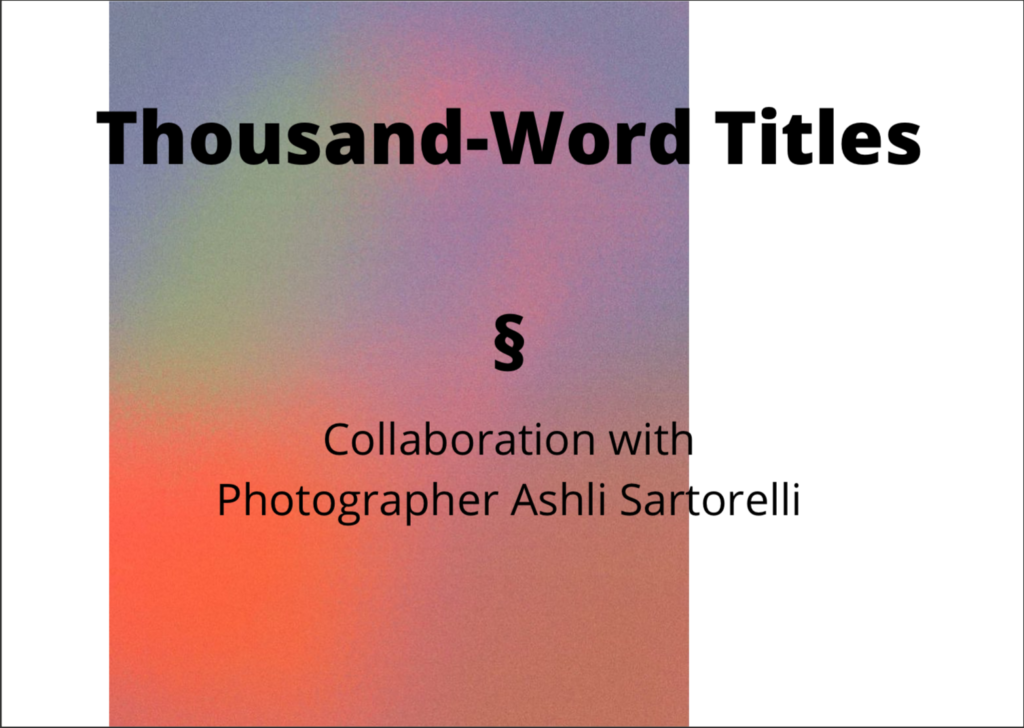
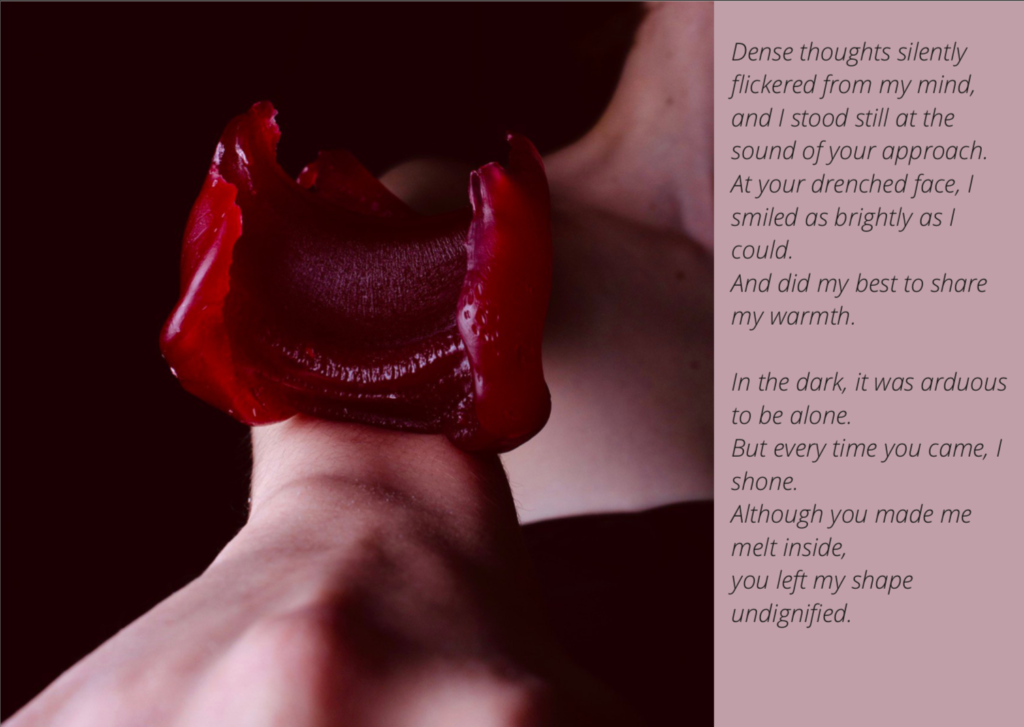

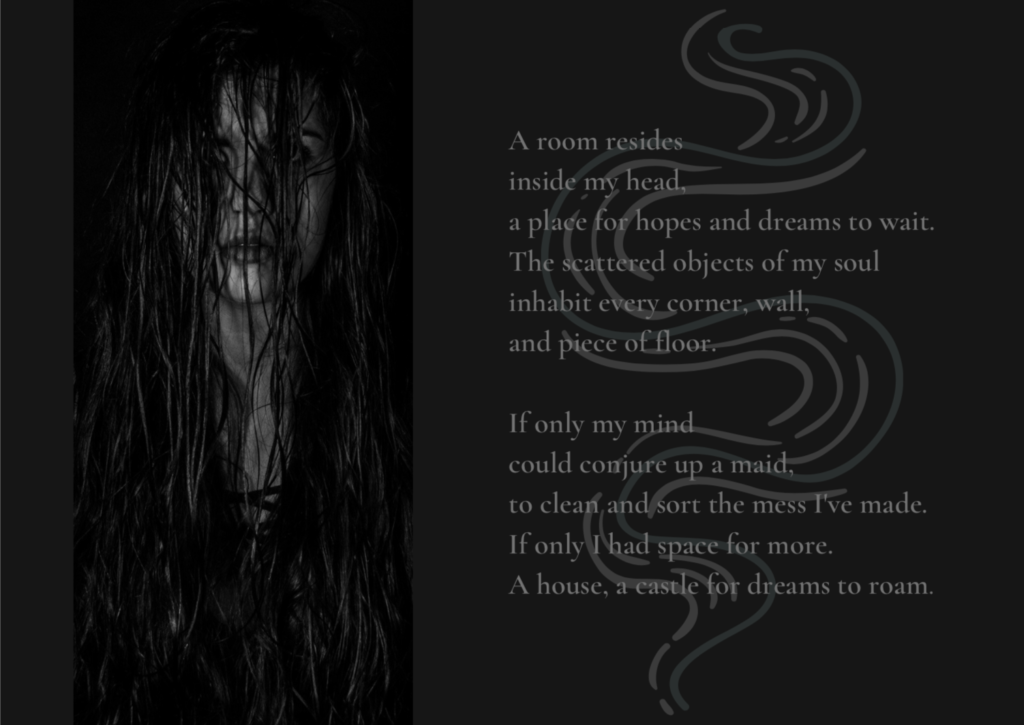
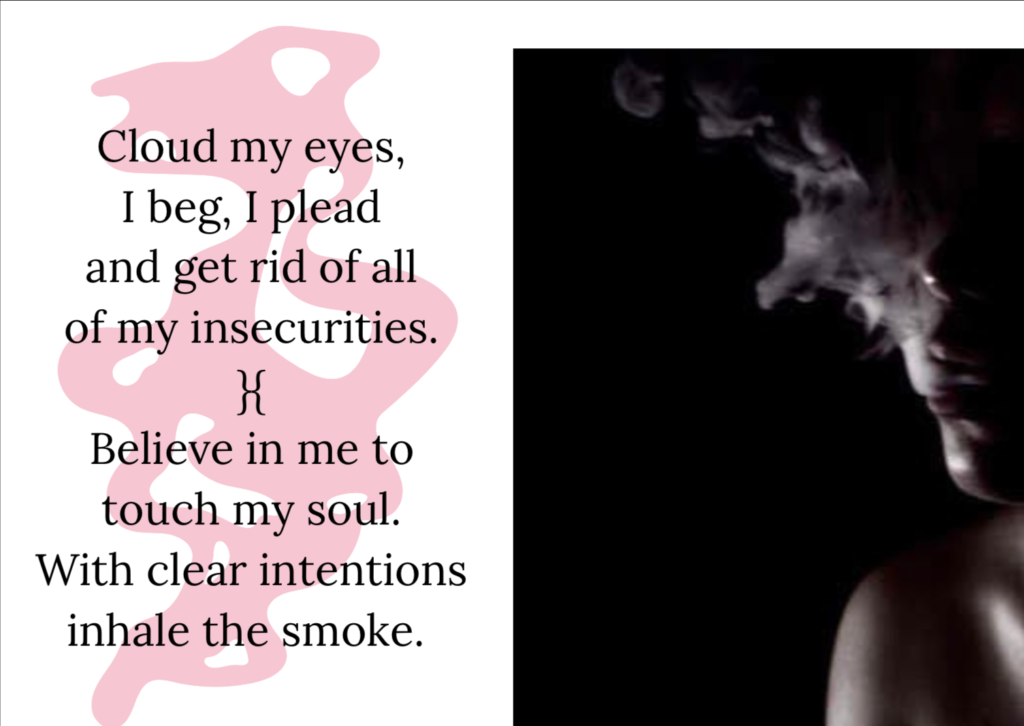
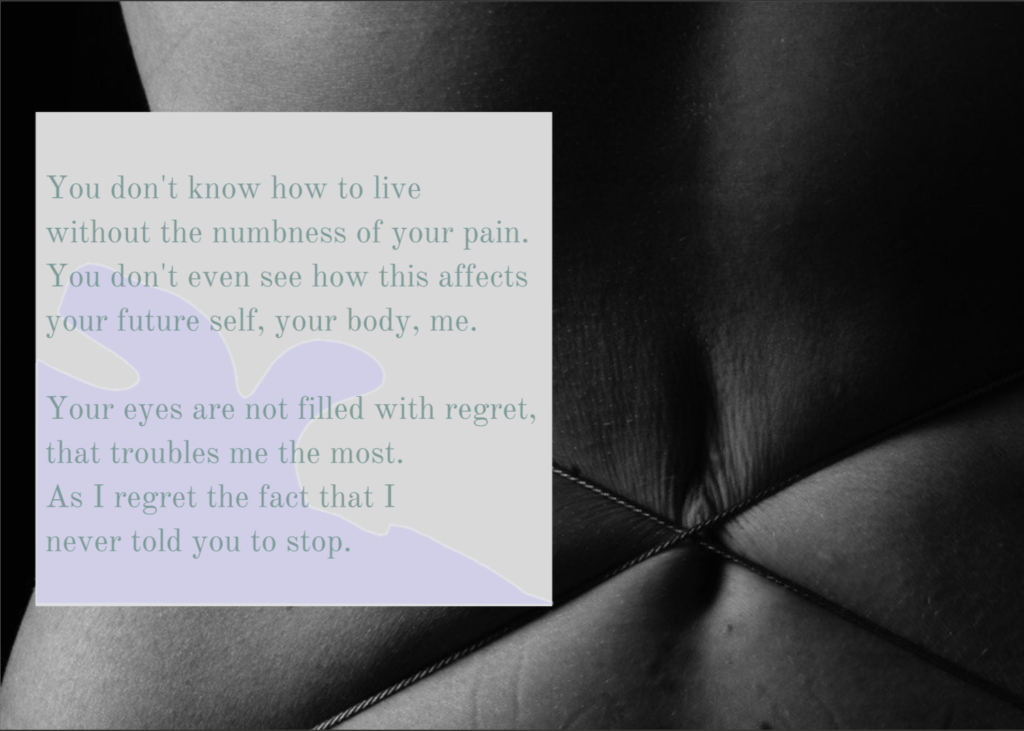


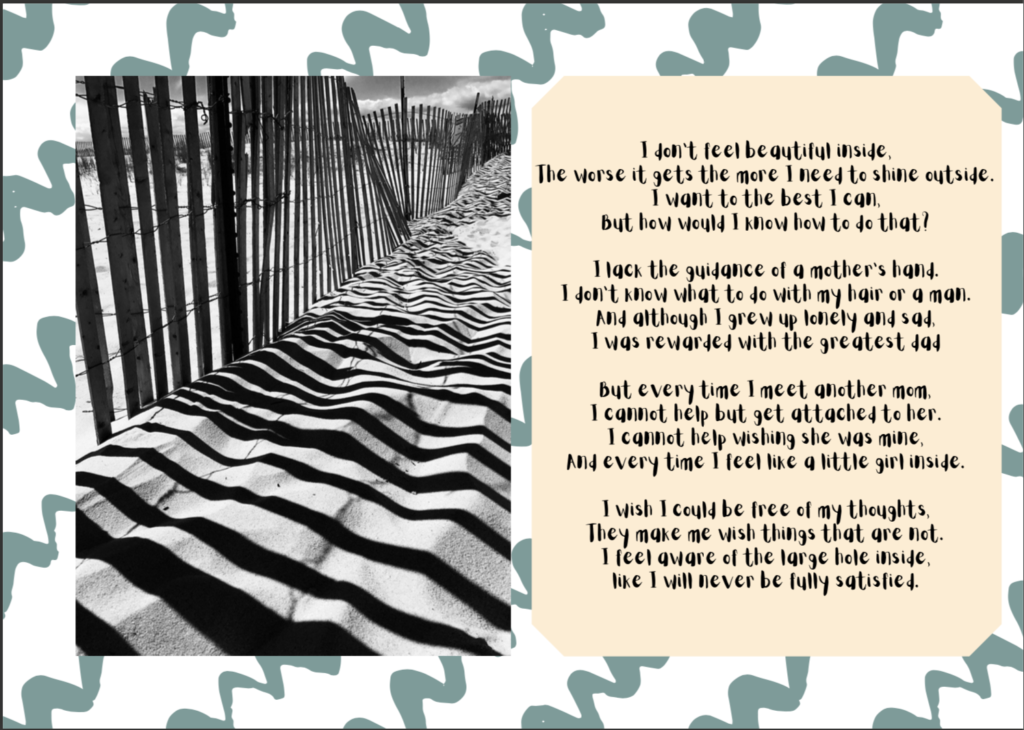









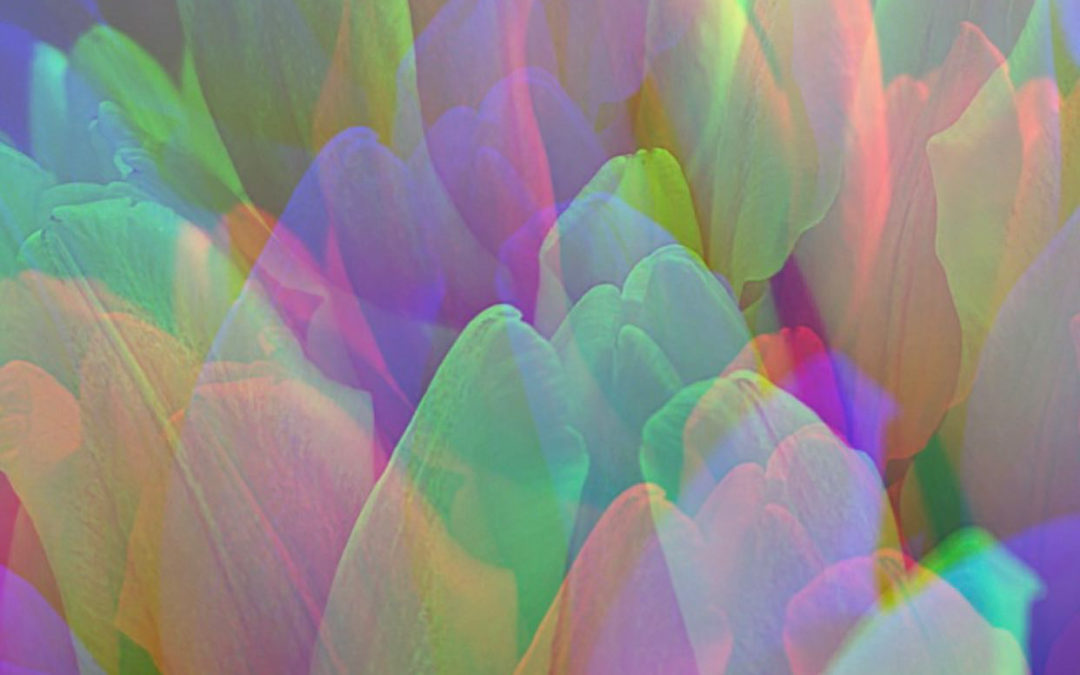
It’s difficult to question the unknown, it’s even harder to admit to yourself that there is an off chance that there is nothing more to life than itself. Reality can be scary if the truth is we struggle endlessly through a world of pain, ultimately getting swallowed by a void of darkness, and our ashes are left to be scattered mournfully in fields of silence. So why are we surprised when we find out one of our friends is an astrology junkie, telling us our lives have true meaning in the stars? “People need something to believe in,” one interviewee explained, “and if it’s not going to be Jesus [religion], then it’s going to be astrology.”
Astrology examines the exact positions of the planets and constellations at the exact moment of a person’s birth and argues that these correspond systematically to their temperament, personality characteristics, interpersonal relationships, occupation, and auspicious periods of life.
Nearly every culture on earth has a practice of studying the stars; many modern movements or campaigns in war were guided with them — even the French government has an astrologer to consult today. Nonetheless, as a result of glossy magazines screaming pseudoscience and thinly veiled personality tests with loose associations to psychological conditions, astrology can seem fatalistic and narcissistic on the surface. Additionally, the scientific world has dismissed astrology as possessing no explanatory ability for understanding the universe. It is considered pseudoscience as it has not been proven reliable in controlled studies and has little scientific validity. Not to forget those that struggle with accepting astrology due to their faith, because the belief in the other-worldly goes against bible ruling. In fact, the Bible specifies astrologers as among those who will be “burned as stubble” in God’s judgment.
Under the surface, however, and when analyzed with methodology, diligence and faith; it calls into question our role in the universe, the nature of free will, and our understanding of humanity. It leads many people to consider whether physics and the alignment of the planets, may veritably have an impact on their existence. After all, if the moon can influence the ocean’s tides, what other forces are we having to contend with? Astrology connects us with the universe. Our bodies and the stars are all made of the same matter, so is it so impossible that maybe these ever-fixed markers guide us through life and transitions as we struggle to guide ourselves?
The American Federation of Astrologers recently reported that 70 million Americans, or about 23% of the population, read their horoscope every day compared to 12% readership recorded in a 1999 National Science Foundation survey. Although the result could be interpreted as the aftereffect of the evolving media landscape, it still indicates a considerable rise in horoscope viewership over the last two decades. Out of the seven interviewed volunteers, we found that two read it occasionally for the purpose of entertainment, four people read it at least once a week and one reads it every day. The only subject, when asked to comment on her daily routine, the subject responded that “reading my horoscope every morning gave me something exciting to wake up to. In a way, astrology might be the most stable thing in my life,” she joked “it’s there for my every morning with relatively good advice, no matter the given situation.”
I, myself am a skeptical creature, with trust issues to worry about. If you were to ask me a few months ago, whether I believe in astrology, I would have replied that it’s a nice idea, but “I’m too afraid to get my hopes up.” Despite these expectations, astrology ignited a spark of curiosity within me, and I finally took the bait once one of my closest friends began investing herself in the study of horoscopes, moon positions and even the magical properties of crystals. It was funny, it was even slightly ridiculous, and yet soon after I was saging rooms, watching libra tarot cards readings on YouTube and participating in lunar rituals.
Can you blame me? I’m not even a hundred percent sure I believe in it, yet I cannot lie that the concept and practice of astrology entertains me. It doesn’t stop at horoscope readings — astrology involves many practices including tarot cards, palm readings, crystals, moon rituals and the belief in chakras, auras and energies. The world of astrology is beautiful, creative and, as one very charming participant described, a “comfort zone.” “There’s no pressure in astrology,” another believer explained, “it’s just reading the sky. There are no rules, no strict guidelines. Definitely, no wars were fought over it.”
Astrology is not scary, it doesn’t bite. Hence, I challenge you dear reader to spin your wheel of fortune aka. Going on the internet. Simply, google your birthday and then type in ‘horoscope personality’ and see what comes up. Mine reads: As a Libra born on September 29th, you are creative and resourceful. While at first you may have your moments of shyness, as you grow older and gain more confidence, you will arrive to a position of power. Pretty cool, don’t you think? I would even say; spot on 😊! But people are biased and it’s hard to acknowledge your true nature, hence now I challenge you to google the horoscope of your friends, family and co-workers. Does it ring more true?
If you remain unconvinced, welcome to the majority. The concept that a zodiac reading, usually presented as short as a medium-sized paragraph, could apply to 1/12th of the population is hard to imagine to be true. By stating that large groups of people share personality traits, emotional plot twists and even luck, it consequently questions individualism, and diminishes our agenda in being unique individuals. However, these words are being written by an astrological enthusiast, who reads her horoscope once a week. What I have taken from this transition is my belief in the universe, in its balance and its intersectionality of events. I believe, that your horoscope finds you. Whether it is a magazine, an online app, a YouTube tarot reading or even a TikTok, you were always meant to stumble upon it and read it, and the more you focus on one source of information, the more it will align to you and you energy/soul. Nevertheless, I encourage readers to power their critical thinking whilst reading horoscopes. Because what is important is that we remember that sun does not revolve around us, but that the Earth and us revolve around the Sun.